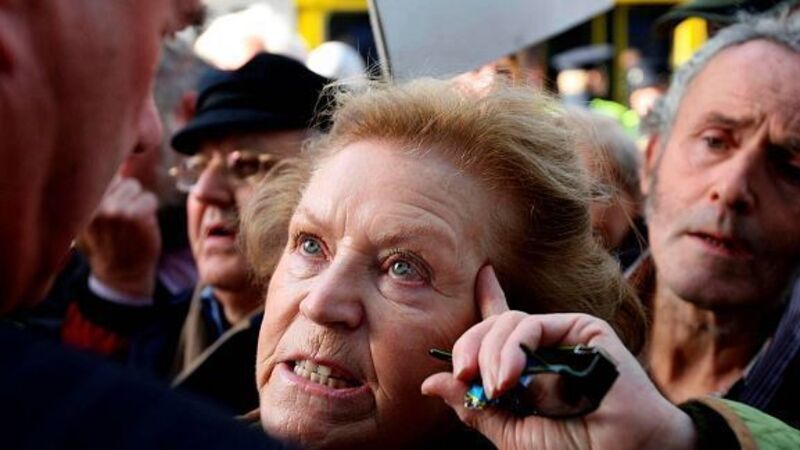Grey brigade set for march on Dáil

It was pensioner power that stopped the first emergency slump budget in its tracks five years ago when an uprising over cuts to medical cards saw thousands take to the streets. Outrage has been more muted since then, but the seventh successive austerity package will see the silver protesters attempt to occupy the streets outside Leinster House once again and shift Government policy in the process.
A fresh attack on medical cards is at the forefront of fears once more as 35,000 over 70s are to be reduced to GP-only status as the threshold for comprehensive health cover is reduced to €900 a week for a couple and €500 for a single person which is set to raise €25m from the HSE bill critics accuse Dr James Reilly of letting get out of control.
















